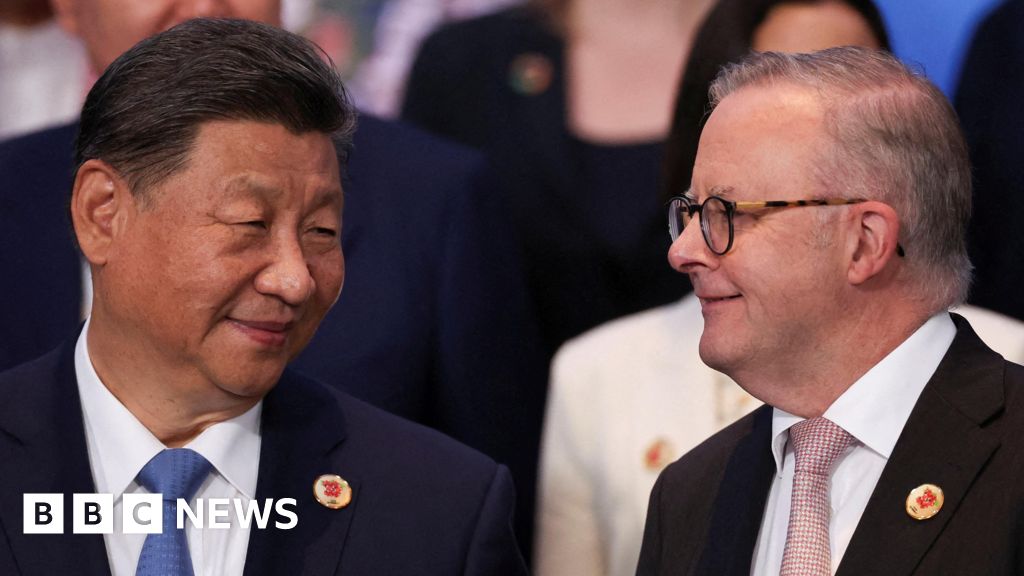Australia has swiftly turned down China’s offer to “join hands” against Donald Trump’s tariffs, as Washington escalates its trade war with Beijing.
The White House recently imposed an import tax of 10% on Australian goods, but for China - Australia’s biggest trading partner - raised tariffs to 125%.
China’s ambassador to Australia Xiao Qian argued joint resistance is “the only way” to stop the “hegemonic and bullying behaviour of the US”, appealing for Canberra’s cooperation in an opinion piece on Thursday.
Prime Minister Anthony Albanese, however, said Australians would “speak for ourselves”, while the country’s defence minister said the nation would not be “holding China’s hand”.



So what? China fixed climate change and is willing to sell affordable solar and batteries and EVs to the world.
USA did not do that. China did.
China did not fix climate change you liar.
My point is that acting out of self interest doesn’t constitute being “nice”. They’re still willing to meddle in the internal politics of other nations if it benefits themselves, just like the US is.
China fixed climate change?
EDIT: I genuinely didn’t know climate change had been “fixed.” This is great news!! You’d think more people would mention it.
“The bottom line is that the world runs on imported fossil fuels under the umbrella of the Pax Americana,” said Kingsmill Bond, an energy analyst at Ember, a London-based energy think tank. “As Trump destabilizes that, then people will look to their own domestic energy sources, which in most cases means renewables and electrification.”
The new order that Bond is describing would push the United States to the side. While this view is optimistic about global growth of renewables, heat pumps and EVs, it also indicates a slower and dirtier path for the U.S.
Bond argues that since most countries do not have plentiful oil and gas within their borders, they need to import it and have confidence in the stability of supply and pricing. As that confidence erodes, they will look to alternatives.
Most countries do not have substantial solar panel, wind turbine or battery production, so reliance on those resources would also require imports. But the difference compared to fossil fuels is that a shipment of solar panels, for example, can provide benefits for 30 years. The buyer isn’t signing up for dependence on daily shipments of fuel.